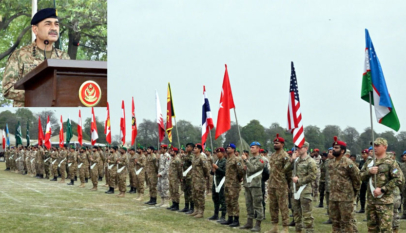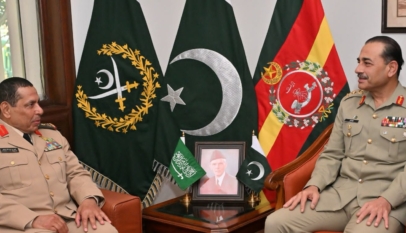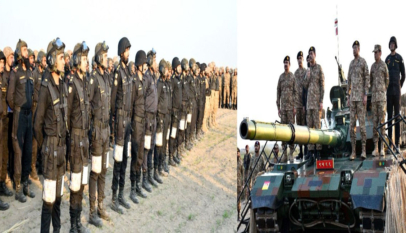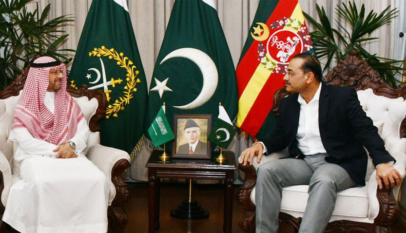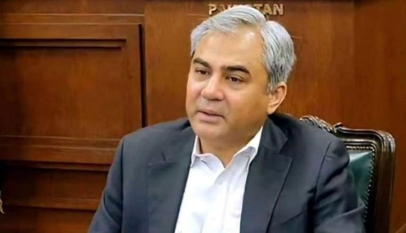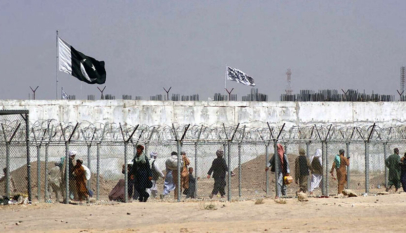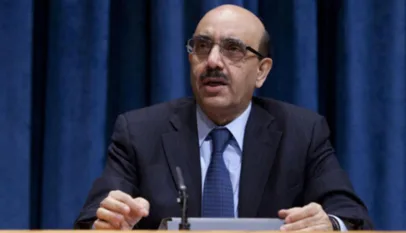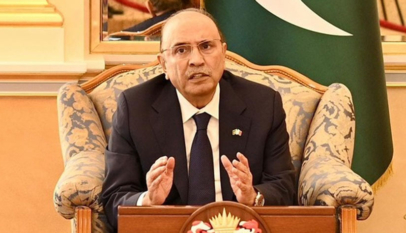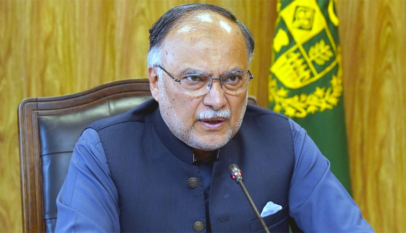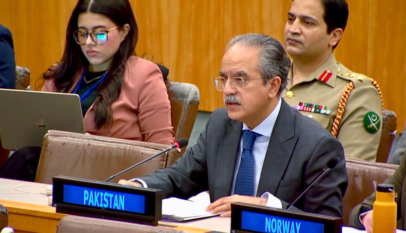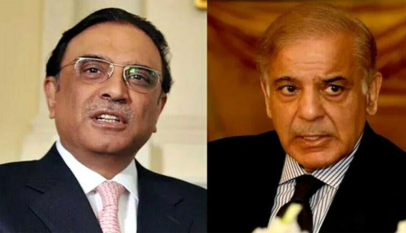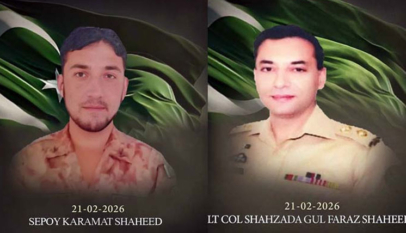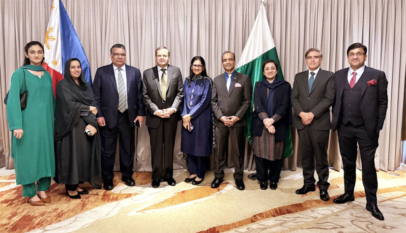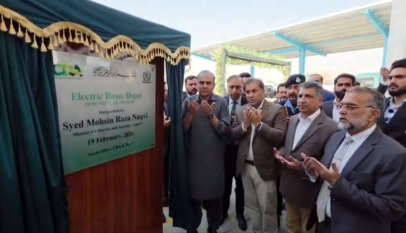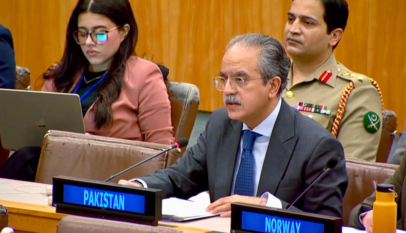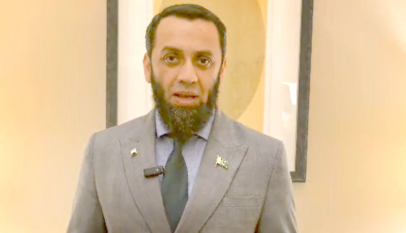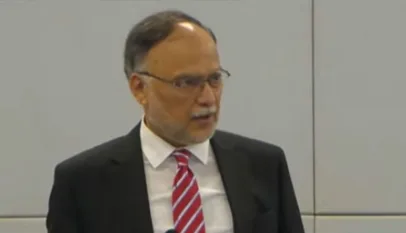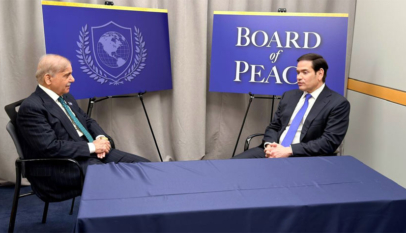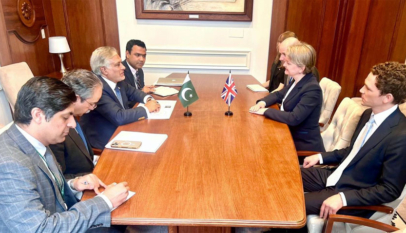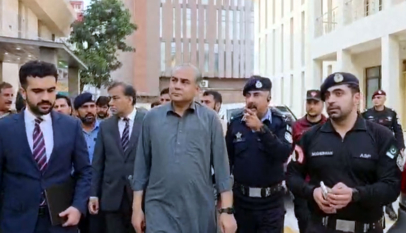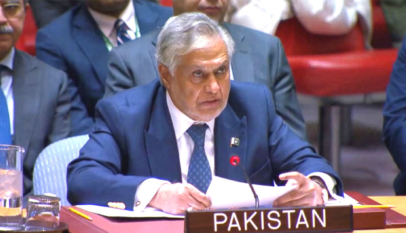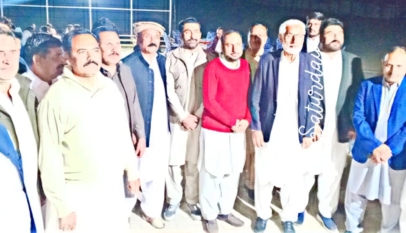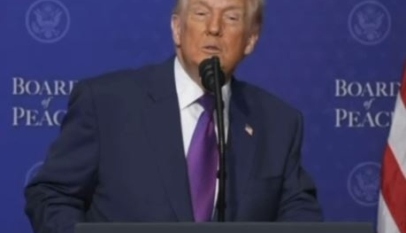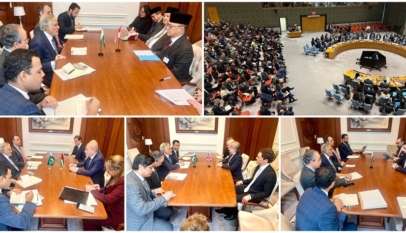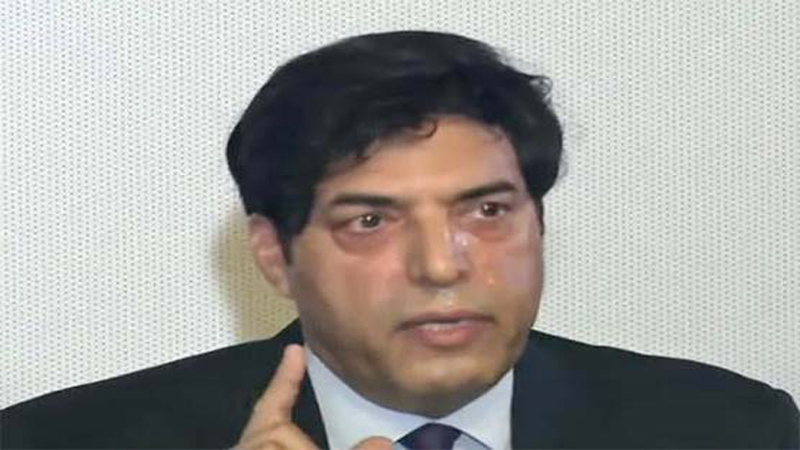
In a direct jibe at PTI chief Imran Khan, Director-General Inter-Services Intelligence (ISI) Lt Gen Nadeem Anjum on Thursday said that it is not possible that the former prime minister can meet army chief General Qamar Javed Bajwa at night and then call him a “traitor in the day”.
“If the commander-in-chief is a traitor then why did you meet him in hiding? Meeting [him] is your right but it cannot be possible that you meet at night and call [him] a traitor in the day,” asked the DG ISI.
Lt Gen Anjum said that the military was called “neutral and an animal” as they had committed treason by refusing to be part of an “illegal” decision. He said that the refusal to do the “illegal job” was not the decision of a single person or army chief but of the entire institution.
The ISI chief said that the military has been under a lot of pressure since March but they decided to limit themselves to its constitutional role.
He added that General Bajwa could have spent the last six months of his term in peace but he took the decision in favour of the country and institution.
‘If COAS is traitor, then why was he praised?’
“Former government offered army chief an extension for an indefinite period during his term in order to fail the no-trust motion but he turned down the offer,” said Lt Gen Anjum. He also wondered if the commander-in-chief was a traitor then “why was he praised endlessly in the recent past”.
“If the army chief is a traitor in your eyes, why did you want to give an extension in his term, why do you still meet him secretly,” asked the DG ISI.
“The leaders of the institutions debated on the matter for several days and the institution decided after deliberating on every aspect that we will remain restricted to the constitution,” said the DG ISI.
He said that the people who were part of this decision included those who will be leading the army for the next 15 to 20 years.
On his appearance at the press conference, DG ISI said that he was forced to come in public after he saw the lies that are being spread conveniently and are becoming acceptable.
“I broke the silence when I saw that there was a risk of ‘fitna, fasad’ in country and institution just because lies were not being declared lies,” he said.







